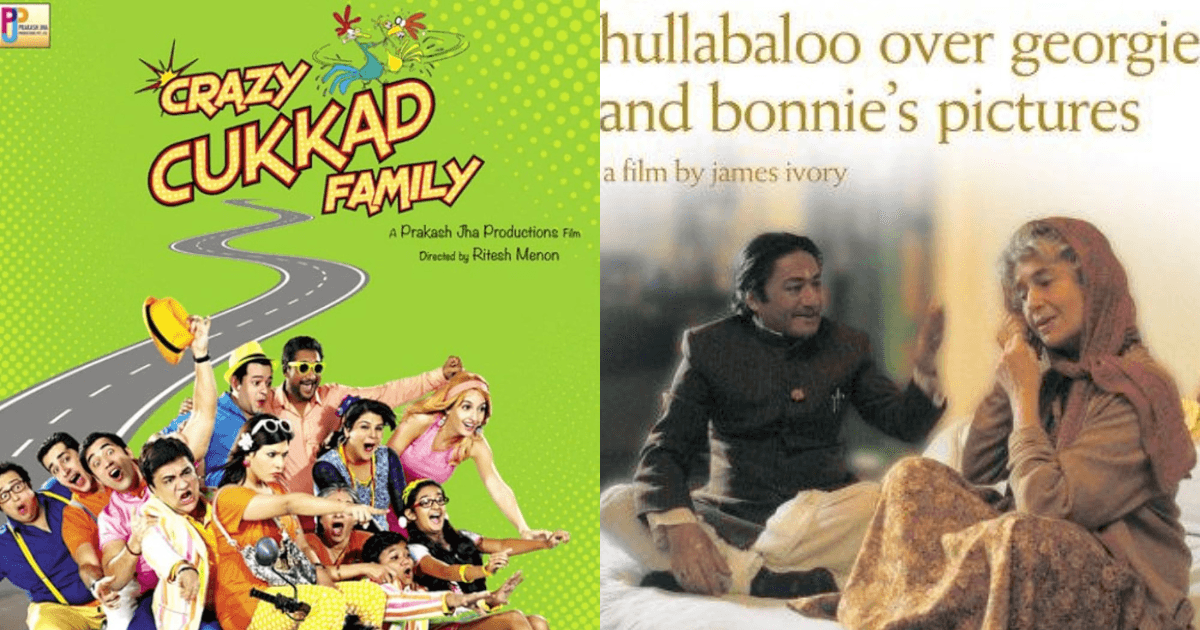Breaking Bad is a great character study about a man who does what he needs to, to get out of tricky situations. Mad Men is perhaps one of the most intelligent shows ever written. Television has never seen a saga as epic as Game of Thrones. The Sopranos redefined crime drama on TV. Any of these could be the #1 show on any fan’s list. But not for me. Because we need to talk about that other show.
I’m obviously talking about HBO’s The Wire, created by David Simon, which originally aired from 2002 to 2008.
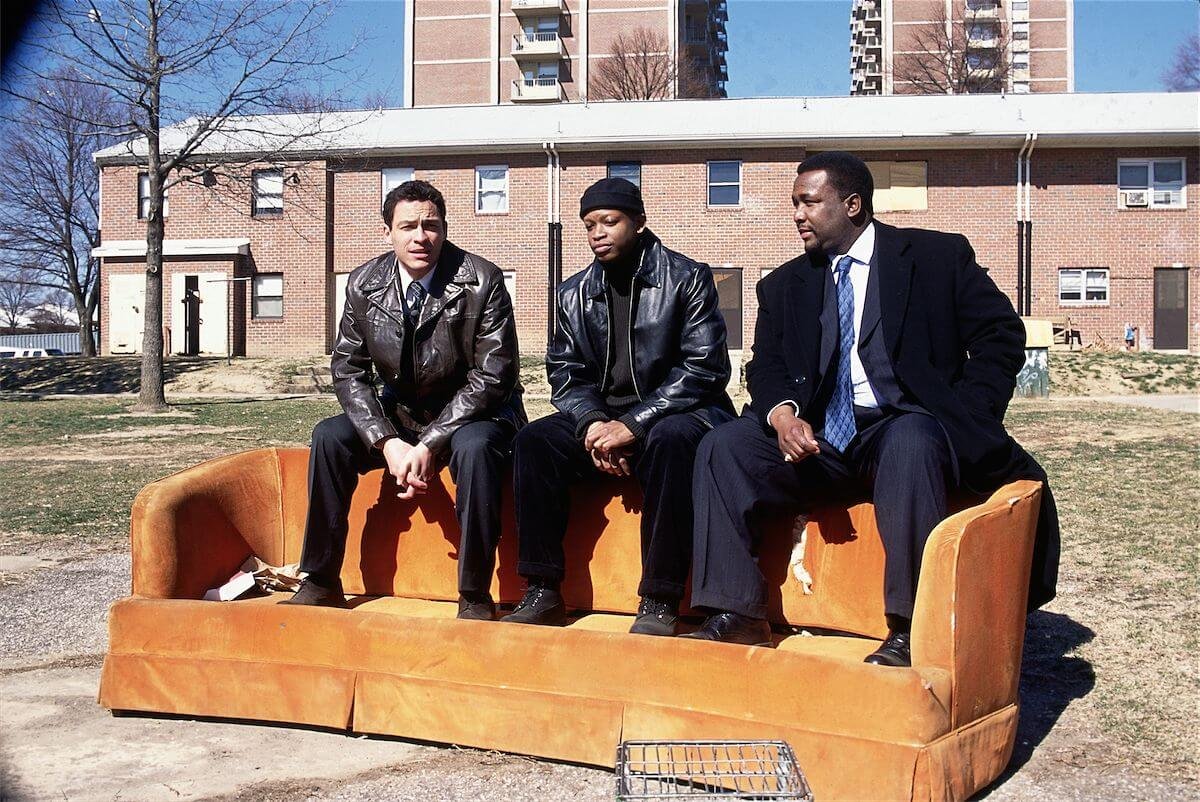
I’ll be honest here. I didn’t watch The Wire when it aired. I’m not too sure if it even aired in India. But a couple years after it ended, sometime around 2010, I chanced upon the show as it showed up in a bunch of critics’ best shows lists. For me, discovering a show that was deemed as the best show ever by critics I followed wasn’t easy. “Are you telling me there’s something better than shows like Six Feet Under, The Sopranos and (the then-ongoing) Breaking Bad, and I haven’t watched it yet?” The self-proclaimed binge-watcher in me took that as an insult. Now I had to watch it. Best decision ever.
Since then, I’ve watched this show about four times, and every single time, I binged watched it.
So, what is The Wire about?
In short, it’s about how the city of Baltimore, Maryland, functions. Drugs are rampant on the streets, almost every corner at the projects is a piece of ‘real estate’ for peddlers and gang members, and yet, among them, ordinary people are trying to do what they can to make a decent living. The first season deals with the workings of a particular gang in West Baltimore, the second season tackles the criminal elements within the city’s dockworkers who are facing the wrath of automation and globalization, the third deals with the complexities of the city’s political players in the City Hall, the fourth season shows the failing public school system and fifth highlights the problems faced by the city’s reporters who are crippled by the imminent death of print journalism. The best part is all these seasons are connected through a complex maze of plot lines, characters and story arcs.
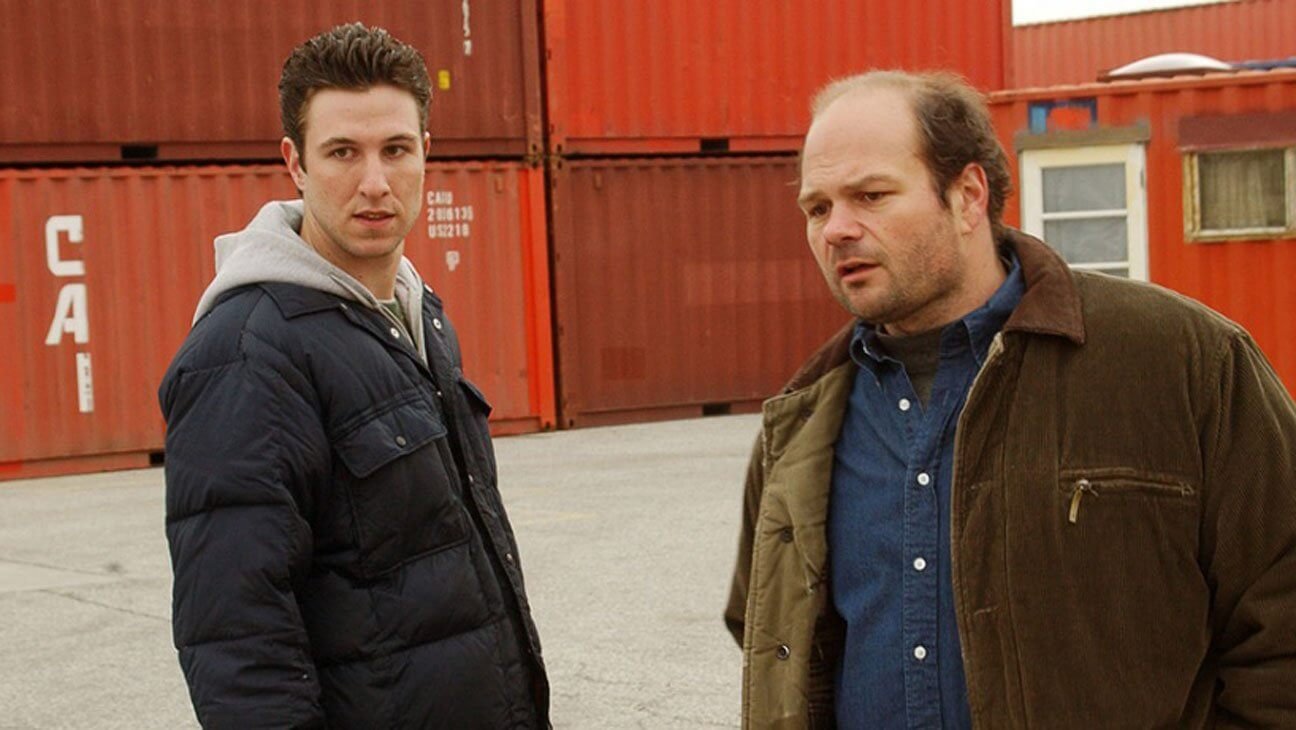
Struggle with viewership
And yet, in terms of viewership, the show struggled. At its peak, it garnered just above 4 million viewers. At its peak Keeping Up with the Kardashians had 4.7 million viewers. Being a fan of The Wire in 2003 must have been a lonely experience. You could argue that the show was too gritty, a little too real for the average viewer, who usually just wants some mindless entertainment on TV. This begs the question – do they call the TV ‘the idiot box’ because most of what you see in it is utter crap, or do they call it that because most people turn to their TVs expecting the idiotic stuff? This sums up why the best show ever was hardly ever ‘popular’ while it was airing on TV. The writing of The Wire was so complex, you could tell they weren’t concerned with viewership, but with telling the realest story ever.
So here’s why I, like many others out there (apologies to my hipster self), think David Simon’s The Wire is the best story ever told on television.
Watching The Wire is like reading a really good book
When you pick up a new book, the first chapters are usually spent introducing the characters, where they’re set and whatnot. Usual TV shows aren’t like that. They usually leave you with a cliff hanger, that makes you eagerly wait for the next episode. Anyone who’s given up watching The Wire after 3-4 episodes is likely to have said they found the show a little slow, or that it had too many characters and/or they didn’t know where the show was going. All I’ll say is, your loss, fellas. Once you get through the first 5-6 episodes, you’re in for a treat that’ll last five seasons. Honestly, The Wire is as real as anything you’ll ever see without risking your life walking the dangerous streets of inner-city Baltimore.
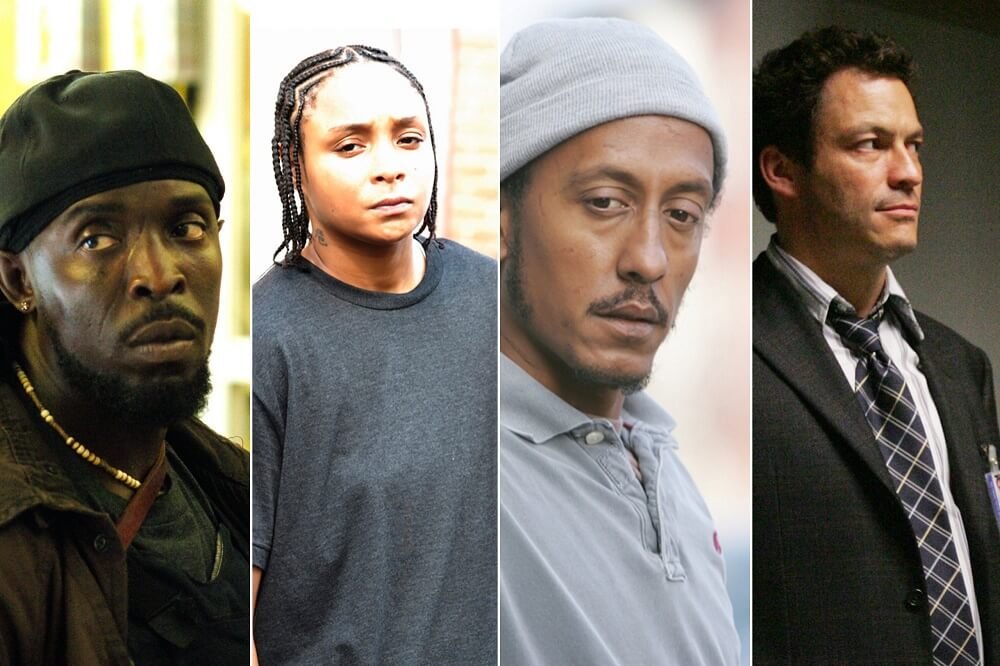
No other show has characters that feel this real
The show uses a wide range of characters but they’re only tools within the bigger story, which is the decaying Baltimore. There are no fairy-tale endings for anyone, no one says anything that feels scripted. The show even uses actual ex-junkies and ex-criminals to play certain roles. There’s an anecdote Andre Royo, the actor who plays the role of Bubbles, a junkie, likes to share. He once attended an HBO party where he saw Mark Wahlberg coming up to him. Wahlberg says something one the lines of ‘You’re doing a great job on the show. This is a good job. You should use it to get back up in life and move forward’. Royo made it clear to him that he was a theater actor who’s been acting for a few years now. Wahlberg just backed off. But it says a lot about how people view this show.
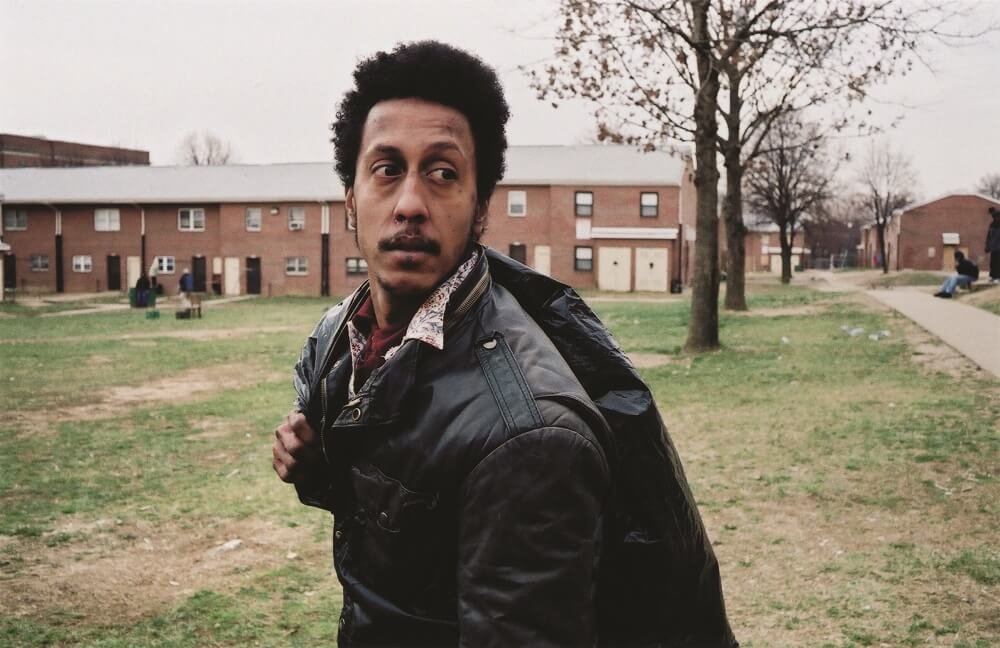
It does not treat the viewer like a child
One of the problems faced by almost every creative professional, is that to make their product more marketable to their ‘target’ they often have to dumb it down. There are varying degrees there obviously. It could be something as obvious as an annoying laughter track or suspenseful background music, or something little more subtle as flashback scenes. These are common tropes used by showrunners to ensure that their audience “gets it”. Frankly, it’s annoying as fuck. The Wire doesn’t do that. It tells the story of the inner workings of the American city and presents it in a way that needs you to pay attention to the details. Or as Detective Lester Freamon in his ‘tweedy impertinence’ would say – “All the pieces matter.” Even something as basic as background music was tackled in a real way in the show. All the music you hear in the show (barring the season finale montages), they’re actually playing during the scene, not in post production, but right there on the scene, within the story.
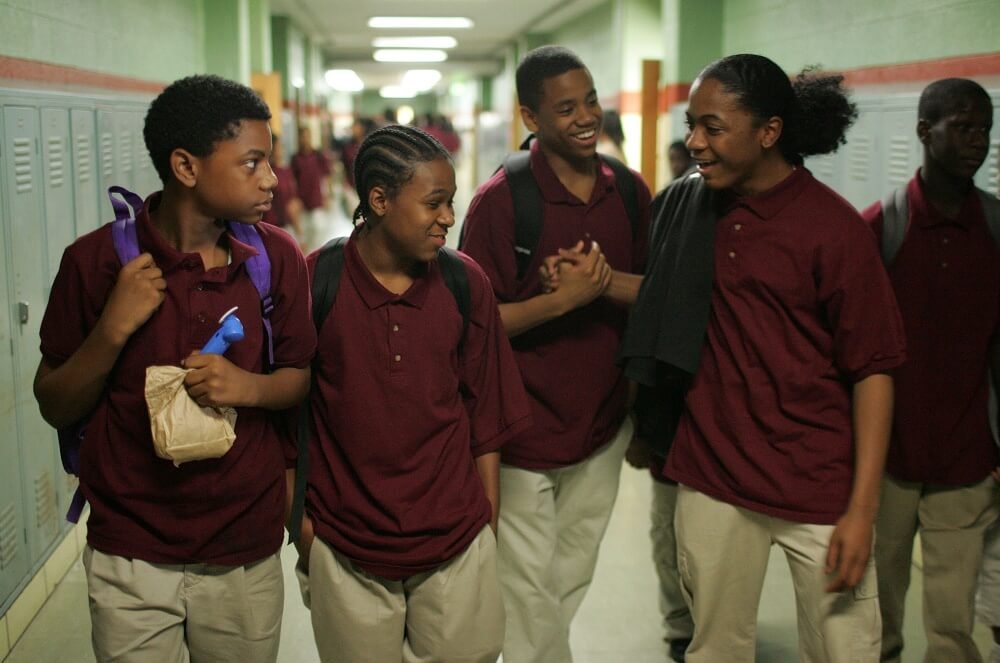
There’s a lot of research that went behind the show
David Simon, the creator of the show, used to be a reporter for The Baltimore Sun. His area of expertise was crime reporting which gave him a front-row view of inner-city Baltimore and its clashes with law-enforcement. Ed Burns, one of the co-writers, used to be a cop before quitting his job and becoming a teacher in a Baltimore school. Between the two of them, you’re looking at years of experience and storytelling that just needed to be heard and seen. Many characters and plot lines within the show were partly or wholly drawn from real people and real events. Omar Little, one of the most well-known characters from the show, was made up of many people Simon and Burns knew from their work with the police department.
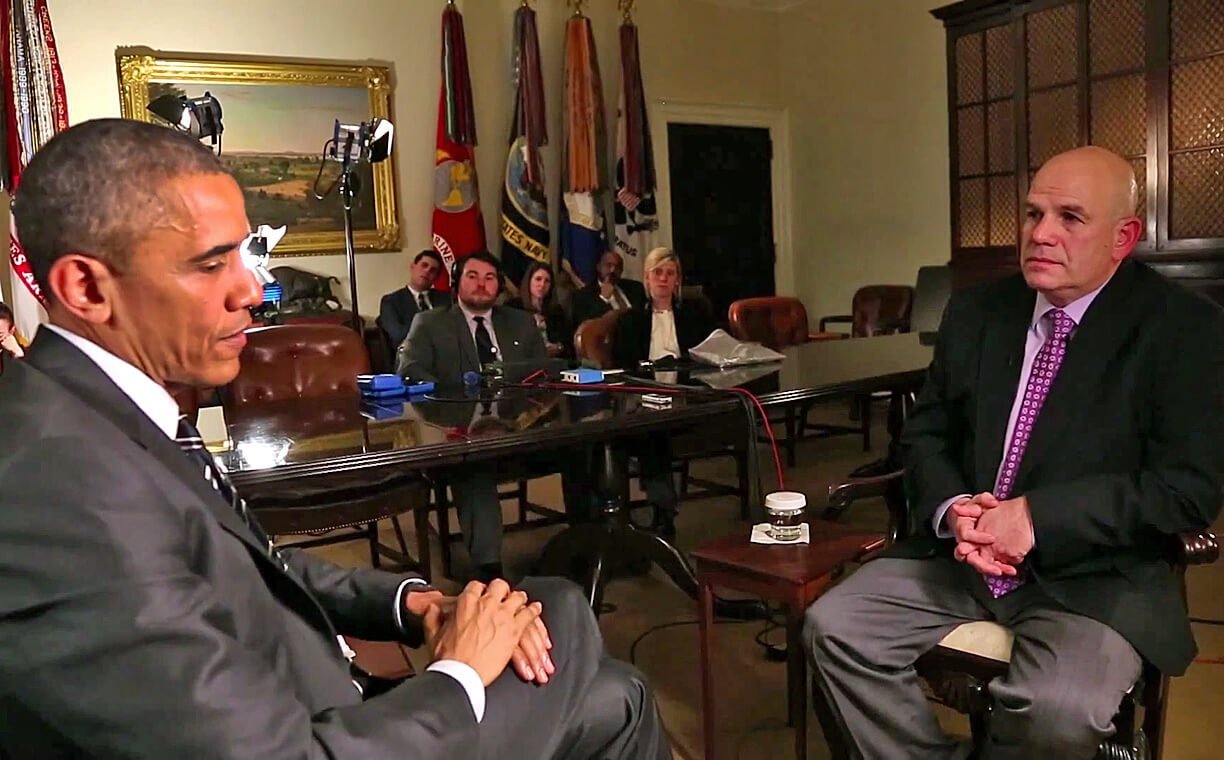
The characters aren’t just either good or bad – everyone has their own justification for what they’re doing
Even though the show talks a lot about black people and white people and race and class, there are no black and white characters. There’s a bit of good and evil in almost everyone, just like the city of Baltimore itself. Yes, if you ask who’s the main protagonist or antagonist in the show, both will lead to one answer – Baltimore. Circumstance leads people to do the things they do, just like it happens in real life. Even the most bizarre characters in the show, like Omar Little, Snoop, Brother Mouzone – they feel more real in than characters in other shows. Don’t get me wrong, The Wire is fictional but it feels so real that it’s tough to see the separating lines.
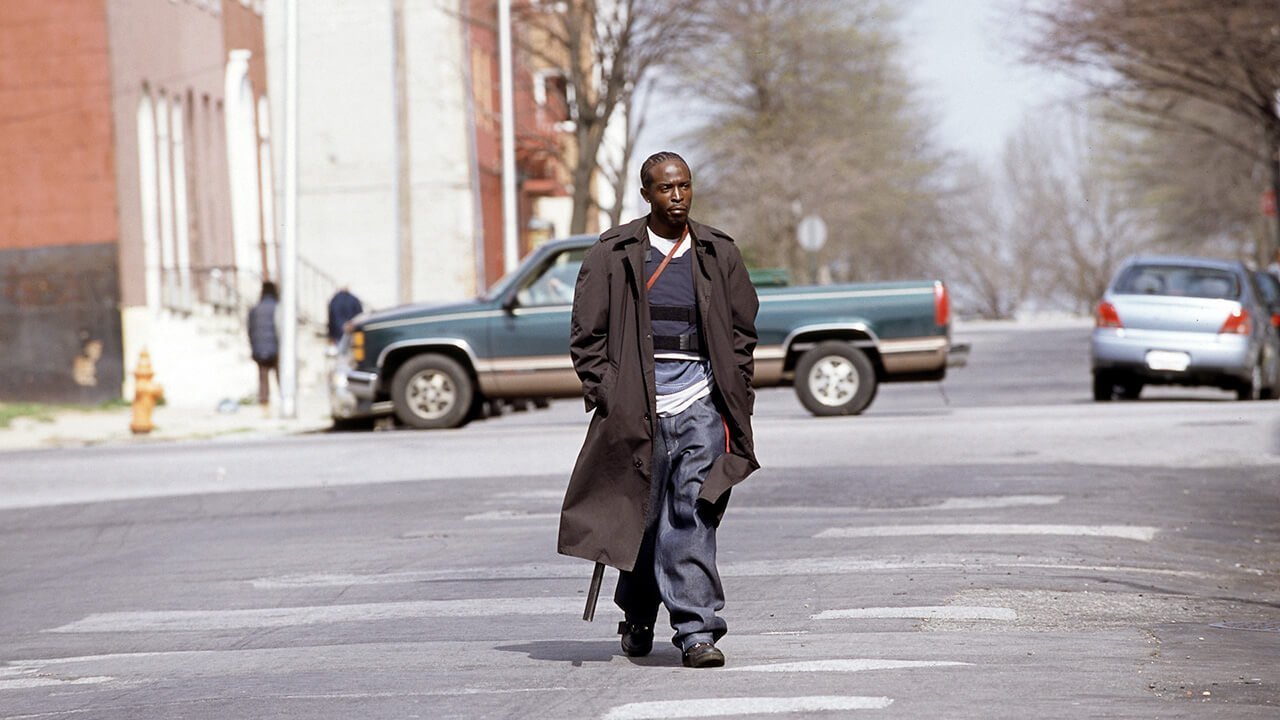
The Wire knew it wouldn’t win any awards, and that’s what set it free
To be considered for awards, TV shows in America can at best send three episodes for consideration. The Wire, being like a book, knew that anything it’d send would not win anything because you don’t simply read one chapter in the book and decide how good or bad it is. They knew this early on and that gave them the freedom to push the envelope even further and take the show where no other show had been. In a way, The Wire’s complexity set it free.
I’m glad The Wire didn’t get pressured by the studio to change its direction, the same way HBO made Rome wrap it up in the second season. Because The Wire didn’t enjoy mass popularity, it didn’t have to worry about ‘target audience’. The greatest, most important, cultural achievements often go unrecognized by contemporary society. The Wire is that masterpiece from our time. No wonder some colleges in US prescribe the show to students in their sociology departments.






